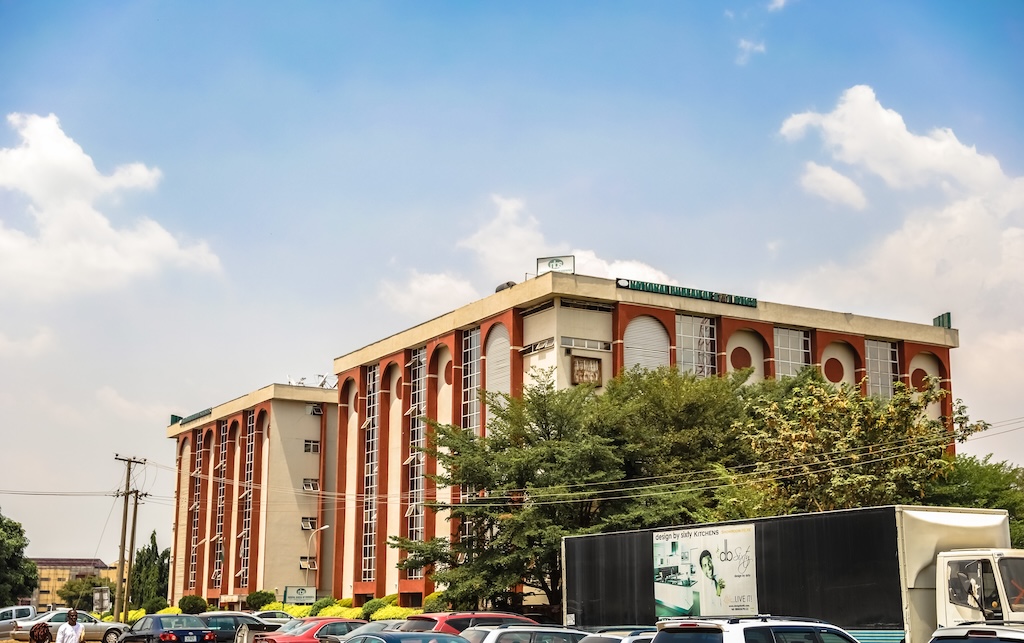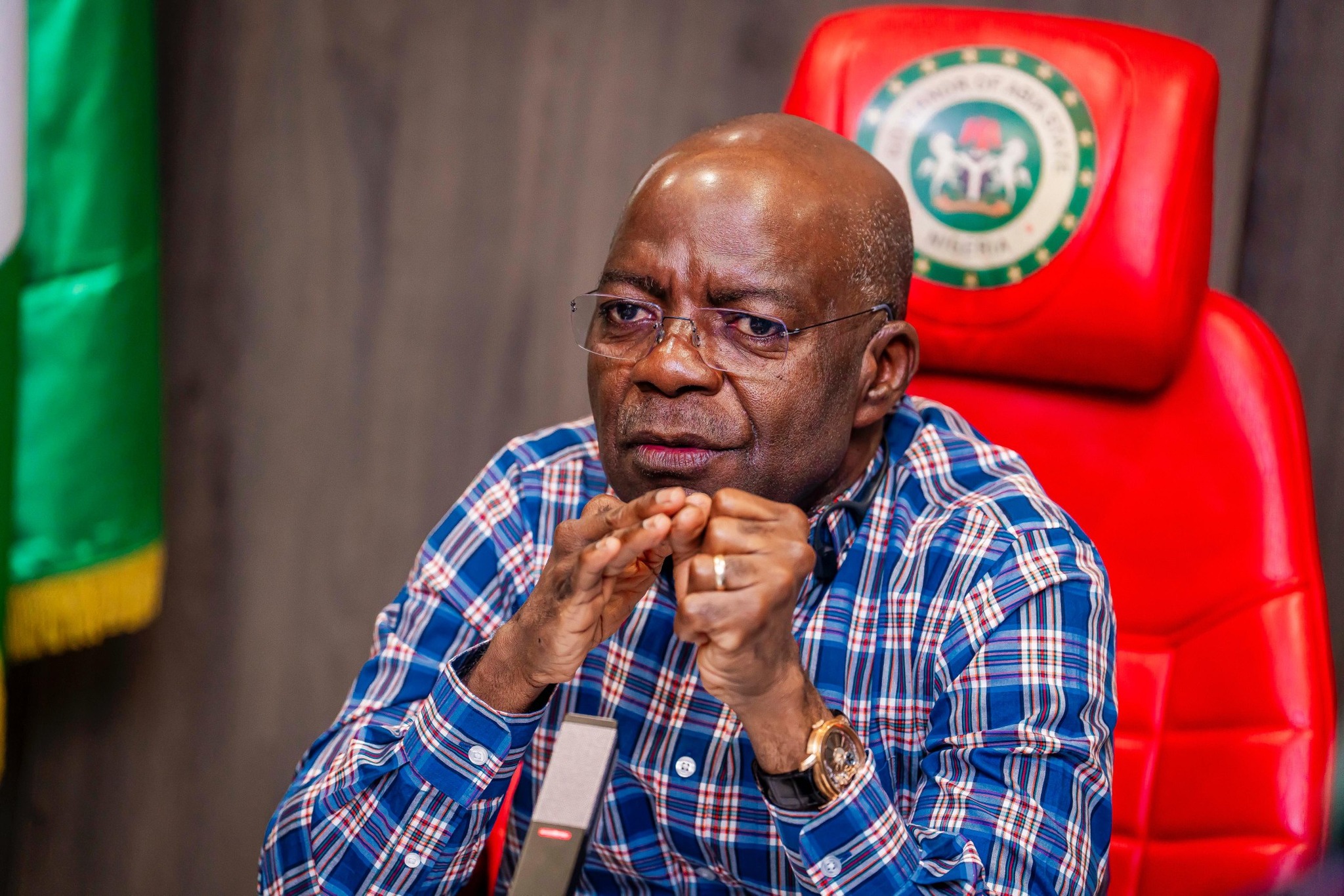Source: myjoyonline
A new wave of protests, organised under the banner of #StopGalamseyNow, has swept through the capital as citizens demand decisive action against the devastating effects of illegal mining (galamsey).
The protests, spearheaded by the Democracy Hub, aim to pressure the government to end the widespread environmental damage and socio-economic crisis caused by the illicit activity.
It is the second day of the protests after a vigil was held the previous night at the Revolution Square in Accra.
The protest march started at the Accra Mall and expected to end at the Jubilee House with the presentation of a petition to President John Mahama.
JoyNew’s Kwaku Asante reported that the protestors purposefully moved very slowly along the principal streets to the seat of government.
The demonstration was announced by the Convenor of the #FixTheCountry movement, Oliver Barker-Vormawor, who explained that the march was intended to draw attention to the destruction of Ghana’s environment and water bodies caused by galamsey.
The protests are a direct response to the escalating crisis of illegal mining, which has had a catastrophic impact on Ghana’s environment and economy.
According to the Water Resources Commission, approximately 60% of Ghana’s water bodies are now polluted.
Major rivers like the Pra, Ankobra, Birim, and Offin, which millions of Ghanaians depend on for drinking water and irrigation, are heavily contaminated with deadly chemicals such as mercury, cyanide, and arsenic.
The Ghana Water Company Limited (GWCL) has raised alarm that it now spends unusually high volumes of chemicals and is facing soaring operational costs.
In September 2025, GWCL proposed a 280% upward adjustment in water tariffs, blaming galamsey for the rising costs.
The Wilson Centre estimates that galamsey costs Ghana more than $2.3 billion each year in lost revenue and illegal smuggling.
While legal small-scale mining contributes around 35% of Ghana’s gold production, illegal operations drain revenue and damage other key sector.
Galamsey has destroyed vast tracts of farmland, threatening Ghana’s food security.
Over 100,000 acres of cocoa farms have been obliterated, impacting the cocoa industry, which accounts for nearly 10% of Ghana’s exports.
The destruction of forests and farmlands has also led to reduced crop yields, such as a 40% drop in cassava yields in the Amansie West district in 2022.
The use of toxic chemicals has been linked to severe health issues, including kidney failure, cancer, and birth defects.
Beyond the environmental and health crises, galamsey has become increasingly violent, with a Human Rights Watch report stating that clashes with armed galamsey groups have resulted in the deaths of several security personnel and civilians.
Organisations such as the Coalition of NGOs in Water and Sanitation (CONIWAS) and WaterAid Ghana have joined the chorus of voices, demanding a collective and decisive effort to end what they term “ecocide.”
They have called for a holistic approach, including strict enforcement of laws, provision of alternative livelihoods, and public health campaigns to educate communities on the dangers of polluted water.
The post StopGalamseyNow: Protest erupts in Accra as public demands end to illegal mining appeared first on The Herald ghana.


